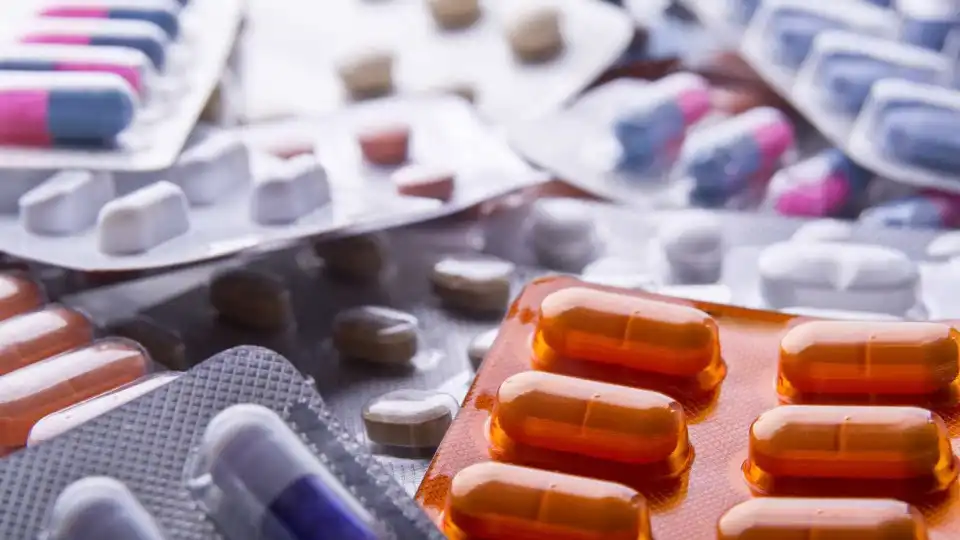Biosimilar drugs saved the NHS £140 million
Biosimilar medicines, non-patented biological drugs, have allowed the State to save more than 140 million euros over a decade, but according to the Association of Generic and Biosimilar Medicines, their use remains below their "full potential".

© iStock

País Em 10 anos
"Up to 2022, biosimilar medicines have allowed an increase in accessibility of over 46%. In the case of inflammatory bowel diseases", which include Crohn's disease and ulcerative colitis, the molecules used in their treatment increased accessibility by 154% and allowed more than 2,200 patients to be treated between 2018 and 2021.
Despite this increase, the monitoring report on the consumption of medicines in hospital settings by the national medicines authority (Infarmed) indicates that the adoption of these medicines has been stagnant since May 2022.
The association, chaired by Maria do Carmo Neves, reinforces in a press release that biosimilars (medicines developed after the patent of the biological product has expired) are already widely used in other autoimmune and chronic diseases, namely in diabetes, oncology, growth disorders or psoriasis, "having demonstrated high quality, efficacy and safety".
In Europe, since 2006, they have provided 5.8 billion days of treatment and represent a growing opportunity for patients because more than 110 biological medicines will lose their patent by 2032.
According to the association, Europe is a leader in the use of biosimilars, representing 52% of the global market. In 2028, they will represent more than 50% of non-patent protected medicines.
In 10 years, in Portugal, biosimilar medicines have freed up more than 140 million euros for the State. At European level, the adoption of these drugs has already freed up more than 50 billion euros.
"In 2023 alone, the resources freed up with these biological molecules allowed us to exceed 10 billion euros", stresses Apogen.
Despite the favourable evolution with the increase in knowledge about these medicines, reflected in the implementation of joint actions with the regulator, Maria do Carmo Neves considers that "in Portugal there are still challenges" in their use, "in particular the doubts that limit the confidence of prescribers, preventing the greater adoption of these health technologies in the NHS".
Maria do Carmo Neves argues that we must continue to invest in "dissemination work, training, clarification and, above all, in electronic prescription systems to ensure that there is information to support the prescriber",
"Some of the solutions involve promoting better management, communication and education about these drugs among health professionals and users, in order to generate more confidence and facilitate their use", stresses the official.
Read Also: Only for generics? Where can they be collected? 3 answers about free medicines (Portuguese version)

Descarregue a nossa App gratuita.
Oitavo ano consecutivo Escolha do Consumidor para Imprensa Online e eleito o produto do ano 2024.
* Estudo da e Netsonda, nov. e dez. 2023 produtodoano- pt.com



